Like dull scissors, a low rumble lazily saws across the rolling fields of tall yellow grass until it builds to a crescendo and falls into two halves. The silhouette of a lone creature illuminated by the backdrop of the rising sun makes a short appearance before a herd of thousands of wildebeests descends upon us in the Serengeti. I know I am witnessing a phenomenon. The Great Migration.
While human beings are often searching for meaning and purpose in life, animals inherently know their place in their vast ecosystems. The wildebeests that surround me know inherently every year to cross the Mara River from Tanzania into Kenya to find more water. In the “bush” of Tanzania, I become acutely aware of the ephemeral nature of existence and the circle of life. Although as humans we are deluded into thinking that we are the most intelligent beings in the world, nature has many lessons to impart on us. Here are some of the lessons I have learned:
1. Give What You Take
Mutualism is a “relationship between organisms of different species, in which both organisms benefit from the association” (National Geographic). Watching mutualism live in the Serengeti is beautiful—animals taking care of each other.
Wildebeests and zebras stick together because they can protect each other. Zebras have sharp eyesight and a strong sense of direction while wildebeests’ sensitive ears and sense of smell can help to identify incoming predators and search for food. Zebras often lead wildebeests across the Mara River in the Great Migration.
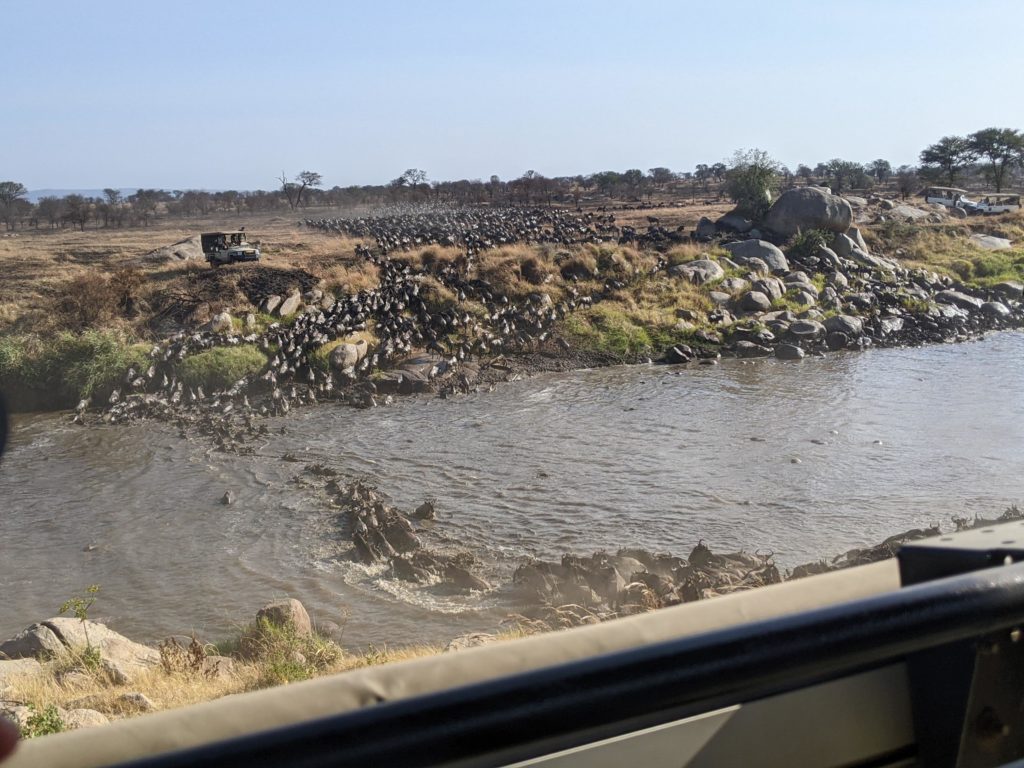
Likewise, elephants and baboons rely on each other. Elephants have excellent memories on where to find the most water and are also known to dig holes to store the water when it is dry. Elephants allow baboons to drink from their watering holes in exchange for baboons warning them when danger is nearby.
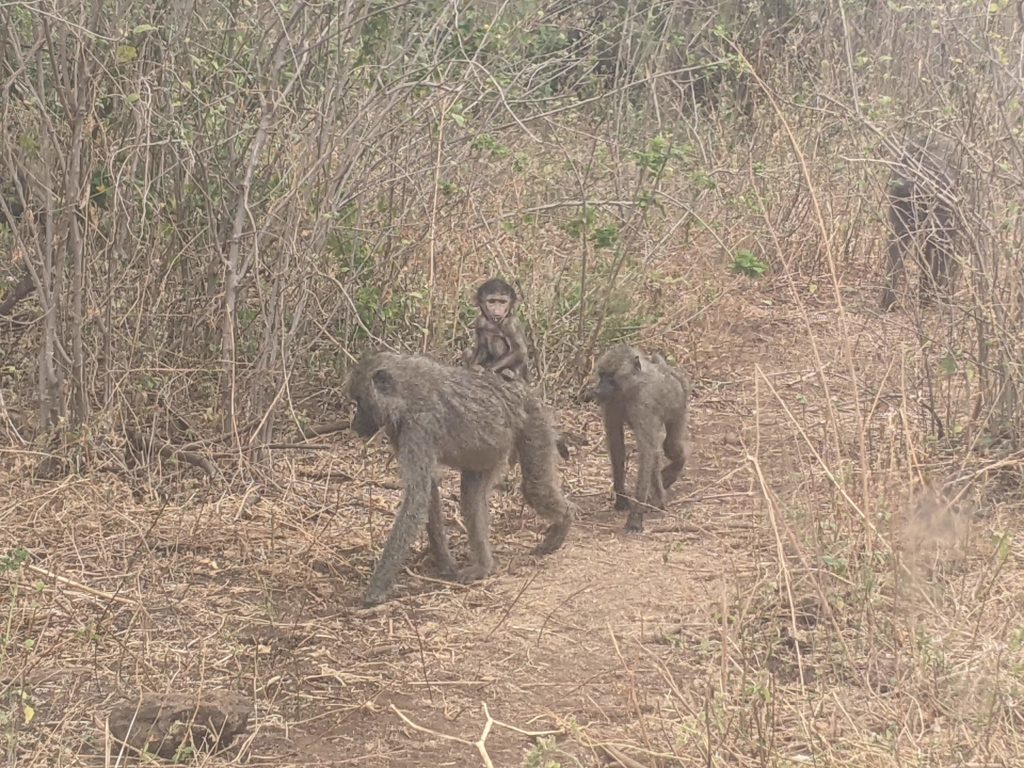
Even the Whistling Thorn Acacia, ants, and birds benefit from each other. The Whistling Thorn Acacia or Vachellia Drepanolobium is a tree that has large spikes and hollow bulbs throughout its structure. The hollow bulbs give the Whistling Thorn Acacia its name as when the wind blows, the hollow nature of the bulbs “whistle.” The ants live in these structures and in return, sting browsing animals that may want to eat the tree. Similarly, many birds build nests on these trees, storing insects they do not eat on the thorns for a later snack. In return, they protect the tree from herbivores that may want a quick meal.
In human relationships, we should strive to have equally beautiful partnerships.
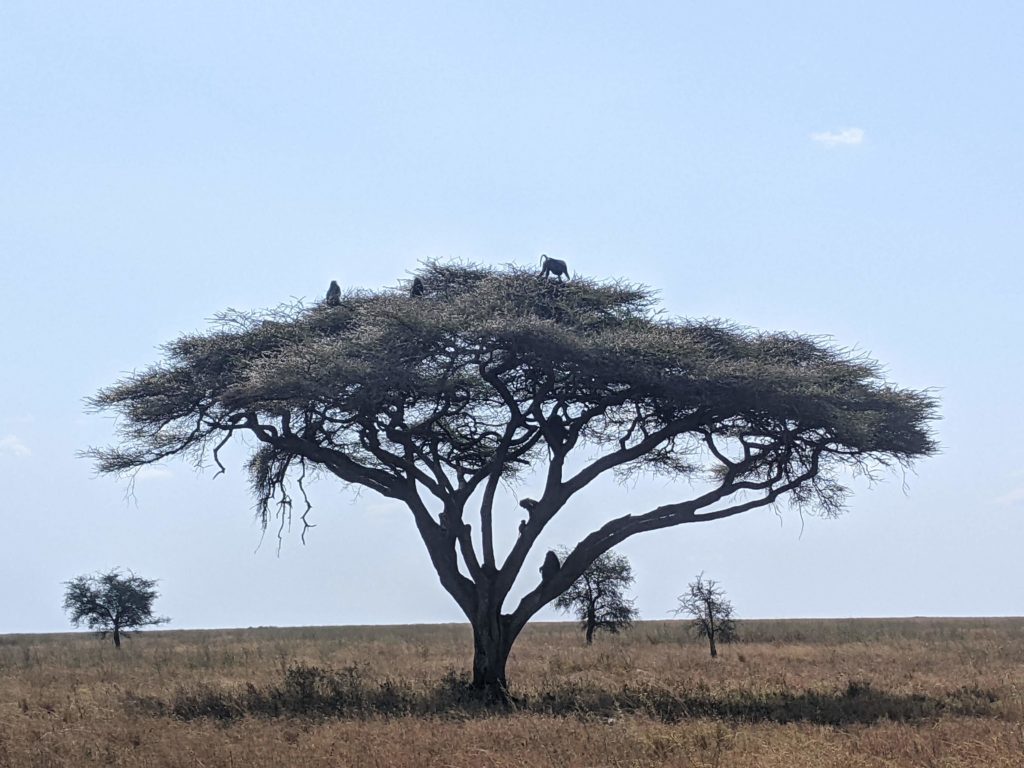
2. Do Not Waste Anything
Scavengers like hyenas and vultures often get a bad reputation (thanks a lot, Lion King). However, scavengers or “organism[s] that mostly consumes decaying biomass, such as meat or rotting plant material” (National Geographic) are vital to the ecosystem. Scavengers keep their environments “free of the bodies of dead animals, or carrion… break[ing] down this organic material and recycl[ing] it into the ecosystem as nutrients.”
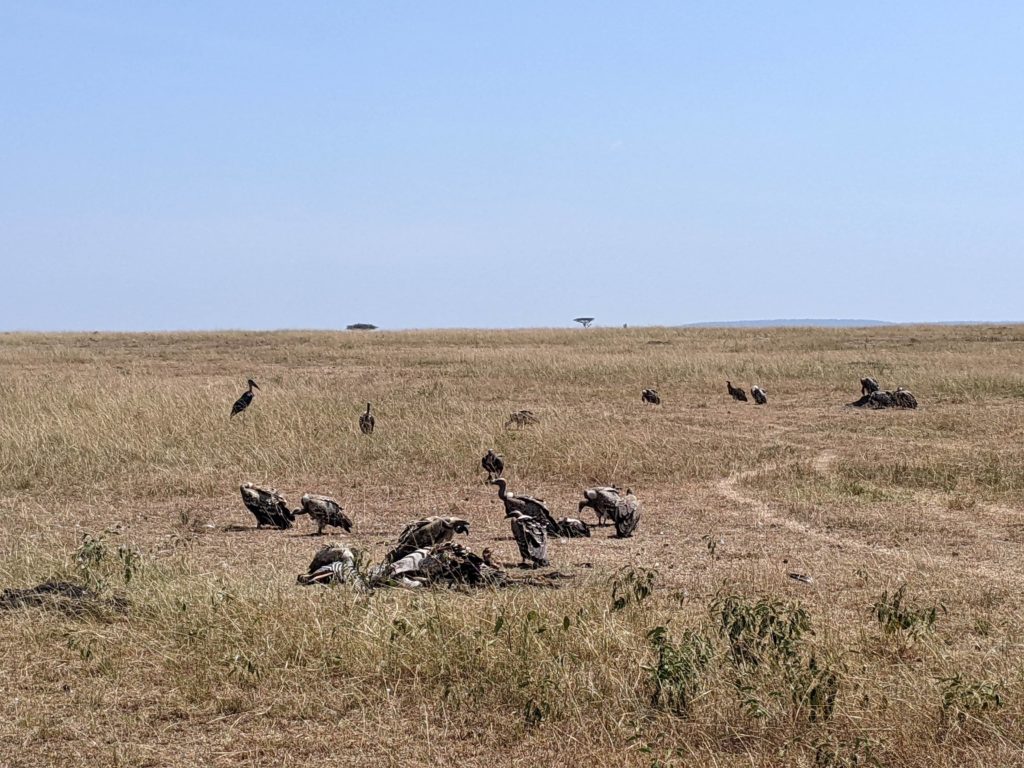
Like scavengers, we should not let things go to waste. As part of consumerism, we often only use part of products or purchase items like clothes that will later be discarded in landfills. For instance, globally, “an estimated 92 million tonnes of textiles waste is created each year and the equivalent to a rubbish truck full of clothes ends up on landfill sites every second.” Instead, we should be thrifting and buying second hand clothes to free our environment and ecosystems of waste.
3. Go Where There is Abundance (And Stay Hydrated)
Every year, over “1.2 million wildebeest and 300,000 zebra[s] along with topi and other gazelle move in a constant cycle through the Serengeti-Mara ecosystem in search of nutritious grass and water” as part of the Great Migration. The strong desire to find the most resources is ingrained in these animals’ instincts.
Likewise, we should go where there is the most abundance. I’m not referring to moving to large cities for jobs (although admittedly, I did do this), but to tending to our own needs. As a woman in my mid-20s, many of my peers and I have often been locked in toxic friendships and relationships that do not give us what we need. Whether that is love, security, or understanding, we should not stick around when these things are lacking.
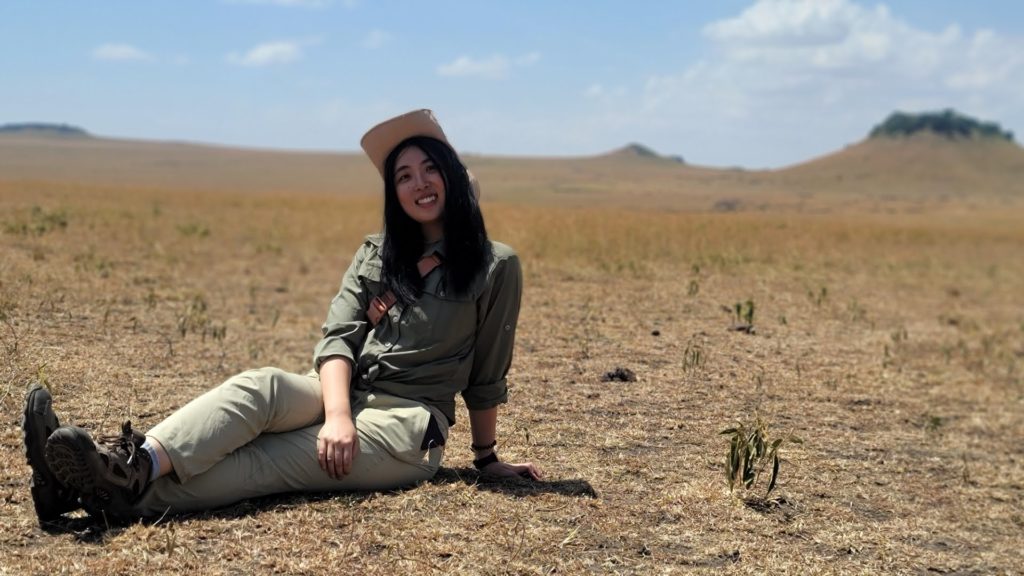
Also, we should remember to stay hydrated too. 🙂
4. Take Care of Your Home
Although elephants trample many trees and vegetation as they migrate, they plant many more trees than they destroy through their journey. Because elephants have poor digestion, when they defecate, they disperse seeds up to 65 km from where they were originally, which is 30 times further than most birds. This far disbursement of seeds is vital to ecosystems’ biodiversity and the elephant dung used to plant seeds create the heat and necessary nutrient richness to help these plants flourish. Additionally, elephant dung offers protection from consumption by beetles and other bugs.
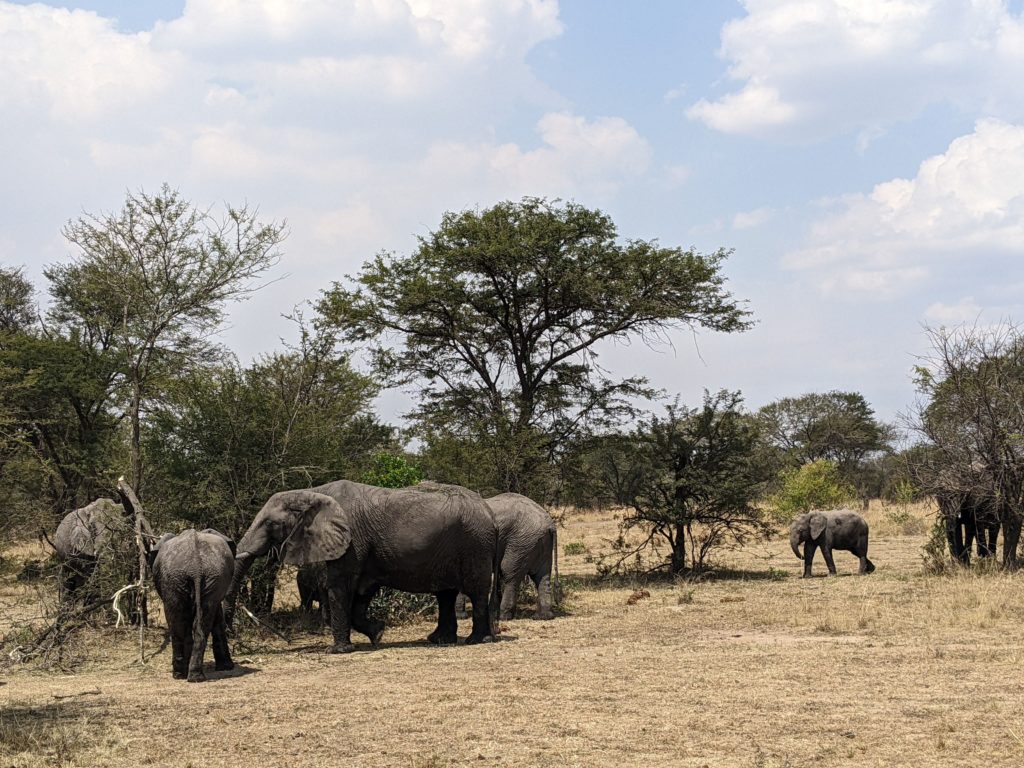
Although humans are often the sources of deforestation and pollution, we very rarely actually give back to the communities and environments we are a part of in return. An example of when people actually maintain environments and ecosystems exists in the Serengeti. Large patches of black grass show where park rangers have created controlled fires across the dry savannah grass. This is so the ash can fertilize the soil which allows new, green grass to grow so that herbivores can have a better food source. Thus, from the ash, life is born.
Like elephants and park rangers, we should try to take care of our communities and our environment. We should evaluate our impact on the ecosystems we exist in and how we can live in harmony with nature.
Also by Ruby: Much Larger Oceans
Get more like this—Sign up for our daily inspirational newsletter for exclusive content!
__
Photo: Ruby Liu




